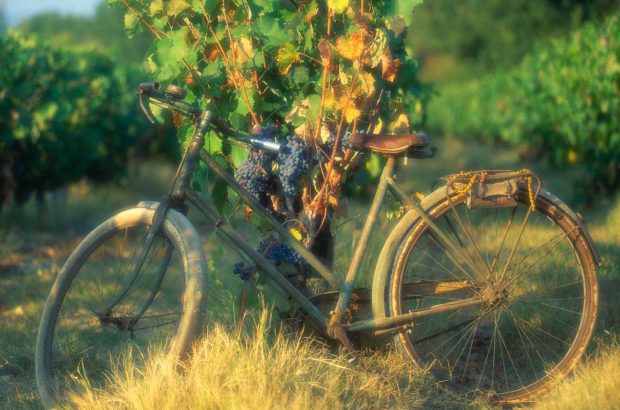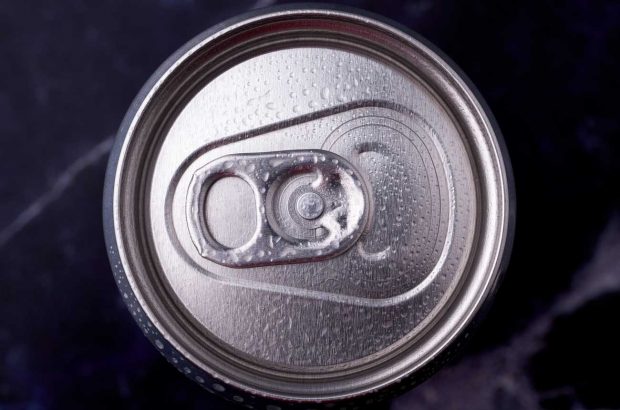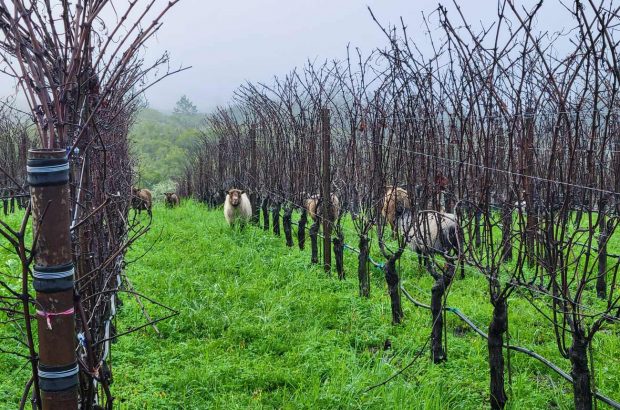Janet Holmes à Court has put her heart and soul into turning Vasse Felix winery into a huge success, writes JOHN STIMPFIG.
If you want to know what Vasse Felix means to Janet Holmes à Court, ask a certain group of financial consultants, who, in the late 1990s, had the temerity to suggest she should sell her prized Margaret River winery to bolster the balance sheet of its parent company, the Heytesbury Group. The story goes that Janet listened impassively, thanked them for their input and then calmly pointed out that they had neglected to take one important factor into account. ‘You didn’t ask me what I want,’ she said. ‘And as I have 100% of the voting shares, that is quite an oversight.’ She then proceeded to tell them that Vasse Felix would be sold ‘over her dead body’. According to the minutes, the meeting ended shortly afterwards.
As a result, the highly profitable, burgeoning Vasse Felix winery remains the jewel in the crown of the Holmes à Courts’ Heytesbury Group, much to Janet’s relief. ‘Things were going so well that we’d have been crazy to sell. And besides, Vasse Felix isn’t just a great business, it’s also a pleasure and privilege to own. Mind you, it hasn’t all been plain sailing these last 15 years.’
It all started off happily enough when Robert Holmes à Court, the Australian tycoon, bought the boutique winery for $1m (£350,000) in 1987, almost on a whim. ‘This was very uncharacteristic of Robert because my husband was normally so thorough in his research and analysis,’ recalls Janet. ‘But because Vasse Felix wasn’t bought as an investment to make money, he probably put less thought into it than any other purchase.’
At the time, Robert was at the zenith of his financial success and had the means to acquire almost anything he wanted – from great art to fabulous houses and famous London theatres. ‘So why not a winery?,’ says Janet. ‘We’d always enjoyed Vasse Felix’s wines and, living in Perth, we were proud such a great product came from Western Australia. Once we’d bought it, our ambition was always to maintain Dr Cullity’s dream of making the best possible wine.’
Starting over
Cullity effectively founded the Margaret River region when he planted vines at Vasse Felix in 1967. Interestingly, the doctor had described the venture as ‘a doubtful financial proposition’. But some 20 years on, with the winery firmly in the fold of the powerful Holmes à Courts’ Heytesbury Group, surely the future was secure?
https://www.decanter.com/premium/top-margaret-river-wines-379911/
Then, in 1990, Robert died, leaving mind-boggling debts. Janet was left to pick up the pieces and suddenly Vasse Felix looked more doubtful than ever. ‘A lot was happening and it was a difficult time,’ says Janet with considerable understatement. ‘Fortunately though, Vasse Felix was put in the “untouchable” basket of assets. Partly because I was so passionate about it and partly because it wasn’t big enough to make a difference in the greater scheme of things.’
So while Drury Lane and The Palladium theatres in London were sold off to keep Heytesbury afloat, the newly formed team at Vasse Felix was largely left alone. According to Vasse Felix’s CEO Bob Baker, ‘we’d already started improving the infrastructure, focusing on improving our winemaking and viticultural programmes. And in the early 1990s we actually turned in a small profit.’ However, as Janet points out, the cheque never made it to Perth.
Instead, then as now, all the profit was ploughed back into the business with the twin goals of quality and growth. And ever since, the winery has been on a rising curve on both fronts largely thanks to 15 years of solid investment totalling a staggering $30m (£10.7m). Remarkably, in all that time, the family hasn’t taken a single dividend or any return on capital.
And there’s a lot to show for it, including a new winery, 160 additional hectares of vineyard, a restaurant, art gallery and performance space. The ‘no-expense-spared’ philosophy also extends to impressive gadgets and gizmos such as its fancy Geo Positioning System, which uses infra-red aerial photography to map vine health throughout the vineyard. ‘It means we can use precision viticulture to apply the minimum amount of spray,’ says Janet. Vasse Felix’s investment in vineyards also means that it accounts for 70% of its total production. ‘Eventually, we want to be totally self-sufficient so that we have total control of our fruit,’ says Janet. Meanwhile, production has shot up from 10,000 cases in 1989 to 100,000 cases today. Ultimately though, she is aiming to double that in the next decade with a view to increasing overseas sales. ‘At that sort of level we feel we can still maintain the quality and the excitement. Any more than that and we may lose the magic.’
There’s certainly some magic attached to Vasse Felix, especially in Australia where it remains one of the country’s most sought-after labels. Janet herself is one of Australia’s most respected business leaders with a string of awards for services to industry, the arts and the community. In spite of all that, she plays down her own role at Vasse Felix preferring to pay tribute to the team ‘who really do the work’.
Continuity and talent
‘One of the reasons we have been so successful is that we’ve had the same core team of people here since 1989,’ she points out. ‘Apart from Bob, there’s our winemaker Clive Otto, operations manager Bruce Pearse and vineyard manager Phil Chamberlain. That continuity, talent and experience has paid dividends.’ Not least in the hatful of trophies, medals and awards, which the winery continues to amass.
It helped that Heytesbury bought Vasse Felix as Australia was entering the golden decade of the 1990s. ‘We were in the right place at the right time. In 1990, there were just 10 wineries, now there are 50’, says Janet. ‘There’s no doubt this region can consistently produce world-class wines. It’s very rare that we get a bad vintage’
The region in general and Vasse Felix in particular have become famous for producing a more elegant style of wine rather than the big, bold, jammy flavours often associated with Australian wine. Bob Baker describes it as a ‘crossover style between Old and New World’. There is also a clearer consensus about which varieties perform best. ‘At first, we had a bit of a fruit salad,’ says Janet. ‘Now though, we’re in the process of taking out some of those vines (mainly Riesling and Pinot Noir) and concentrating on the star performers. For the whites, they are Chardonnay and Semillon, while the best of the reds are Cabernet and Shiraz.’ Although Janet generally prefers reds to whites, she has a place in her heart for Vasse Felix’s top-of-the-range Heytesbury Chardonnay, which she describes as ‘a white wine for a red wine drinker’. She’s also ‘mad’ about the Semillon. ‘Perhaps the great thing about Vasse Felix is that, unlike a lot of boutique wineries, we’re strong right across our portfolio,’ she adds.
These days, Janet is no longer CEO of the Heytesbury Group. Instead, she’s relinquished that role to her son Paul and taken on the job of chairman. ‘I’m not so caught up in the day-to-day operational issues, which frees up a lot of my time to support Bob and the team,’ she says. When I met her, Janet was in the middle of a two-week trip to promote the winery in the UK, Scandinavia and Switzerland.
The new role also means she has more time to spend in the Margaret River. ‘It’s the most relaxing place I can be. In fact, I love it so much I have this mental picture of myself at 95, sitting on the balcony drinking a glass of red wine.’
There are no prizes for guessing whose red wine that might be. Paul is just as intent on keeping Vasse Felix in the family fold. ‘About once a month we get an enquiry from someone wanting to buy it,’ says Janet. ‘But they’re wasting their time. There won’t be a “For sale” sign on the gate – it’s far too valuable to sell.’





